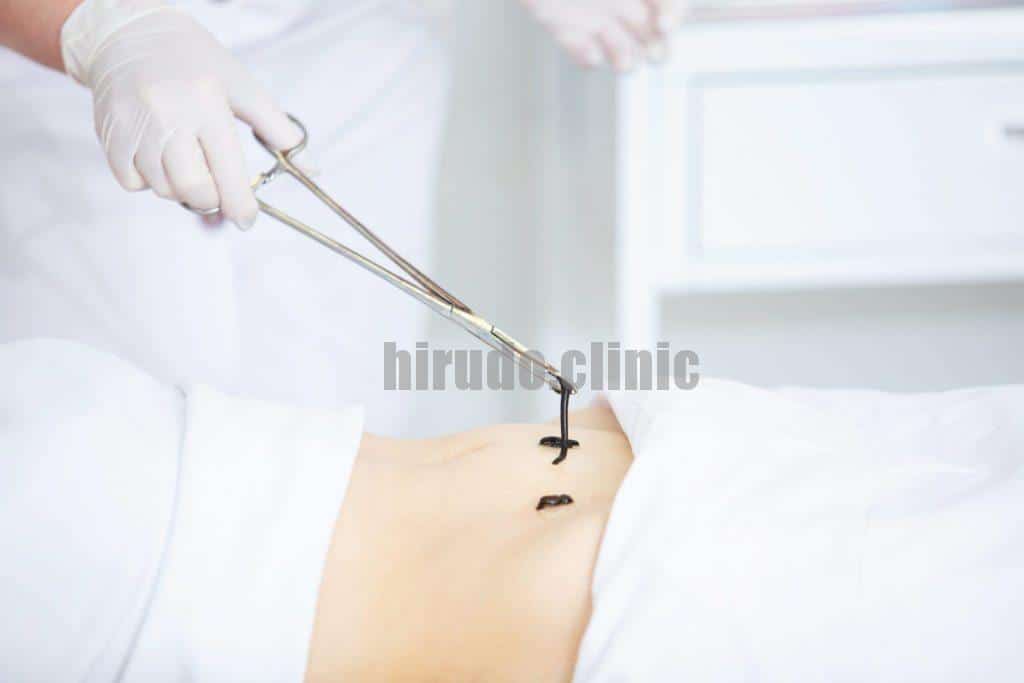Pioneering Research at the Department
The Department of Propedeutics of Dental Diseases has always been dedicated to advancing dental education and patient care. Recently, their focus has extended to investigating the potential benefits of leech therapy in treating oral health issues. This research is particularly significant as it highlights the integration of holistic approaches within the structured realm of modern dentistry.
Why Leech Therapy?
Leech therapy has been known for its anti-inflammatory, anticoagulant, and analgesic properties. These properties are crucial in managing conditions like periodontal disease, chronic apical periodontitis, and facial nerve paralysis in dentistry. The department’s research seeks to validate these traditional claims scientifically and explore the effective application of leech therapy in dental treatments.
Key Areas of Study
The research conducted by the department focuses on several key areas:
- Periodontal Disease Management: The anti-inflammatory effects of leech saliva are being studied for their potential to reduce gum inflammation, promote healing, and prevent the progression of periodontal disease.
- Pain Relief in Oral Surgery:
- Researchers are testing leech therapy’s natural analgesic properties as an alternative to conventional pain management techniques after dental surgeries.
- Healing and Tissue Regeneration:
- The research examines how leech therapy might speed up tissue recovery post-surgery and aid in treating chronic conditions like apical periodontitis.
Results and Implications
Initial findings from the department’s research are promising. Patients who underwent leech therapy experienced notable improvements in reducing inflammation, managing pain, and enhancing overall oral health. These findings indicate that leech therapy could serve as a valuable addition to dental care, providing a natural alternative to synthetic drugs and invasive procedures.
Educational Impact
In addition to clinical applications, this research has been instrumental in enhancing the curriculum for dental students. By incorporating leech therapy into their studies, students at the department gain a broader understanding of both traditional and contemporary treatment methods. This holistic approach to dental education prepares future dentists to offer more comprehensive care to their patients.
A Holistic Future in Dentistry
The Department of Propedeutics of Dental Diseases is leading the way in integrating traditional therapies like hirudotherapy into modern dental practice. Not only does their research honor the rich history of Russian medicine, but it also opens new doors for effective and natural treatments in dentistry. As this research progresses, it has the potential to revolutionize how dental professionals approach treatment. Moreover, it offers patients a more holistic and personalized care experience.
Leech therapy in dentistry
By conducting this innovative research, the Department of Propedeutics of Dental Diseases is setting a new standard in dental care. The inclusion of leech therapy in their studies underscores the importance of exploring all avenues for improving patient outcomes, blending the best of traditional and modern medicine. Keep an eye on this space as we continue to share updates on this exciting journey in dental research!


